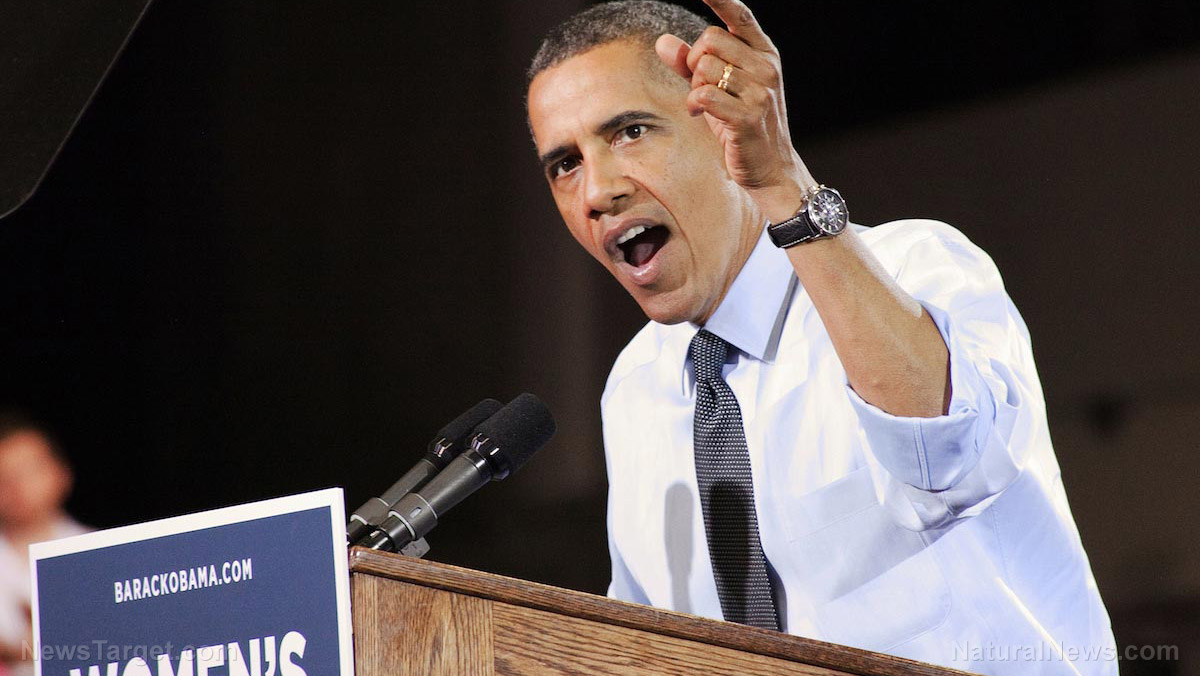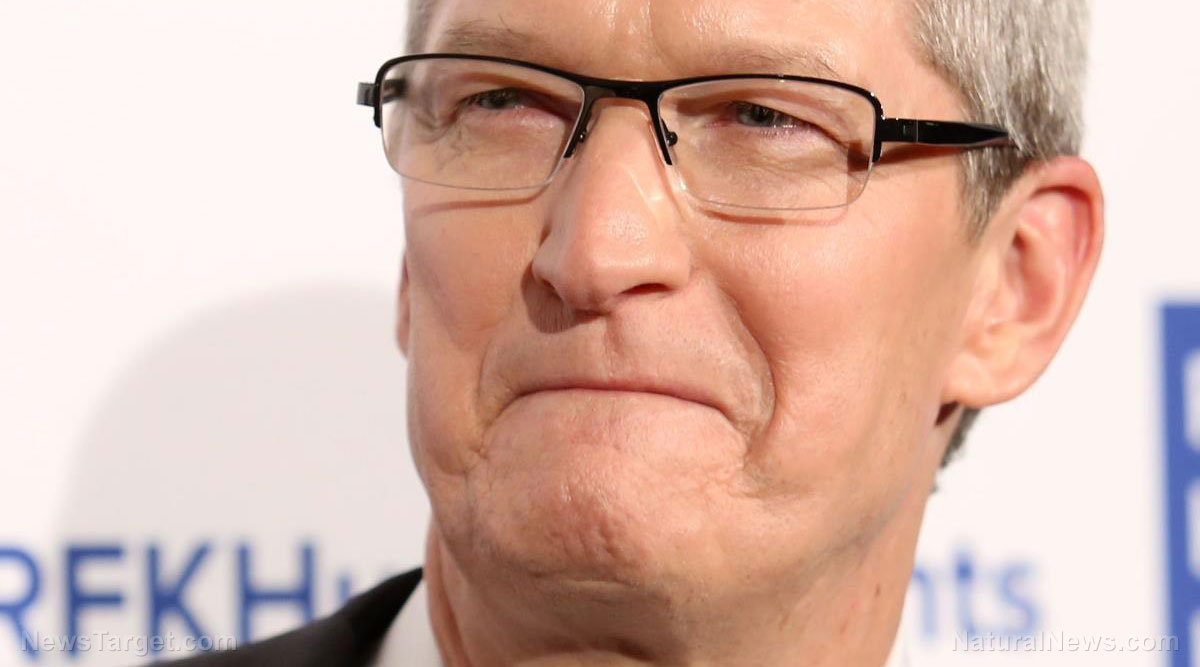Did Amazon engage in criminal corruption to win multi-billion dollar Pentagon contract?
04/29/2019 / By Tracey Watson

Amazon.com is on a financial roll, and it has nothing to do with selling books online. The company’s spectacular operating income of $7.2 billion in 2018, a 68 percent increase from the previous year, was in large part thanks to the success of Amazon’s Web Services (AWS) division.
The Amazon website describes AWS as “a secure cloud services platform, offering compute power, database storage, content delivery and other functionality to help businesses scale and grow.” That sounds good, but not exactly unique; after all, there are any number of cloud services platforms out there. So, what is the secret behind the massive profitability of AWS? Could there be more to this success story than meets the eye?
As reported by Zero Hedge, a scandal around the awarding of a $10 billion Department of Defense (DoD) contract for cloud computing services has raised serious questions about Amazon’s integrity and just how far those at the helm of the company are willing to go to make some serious money. (Related: Four reasons why Big Tech is hazardous to our lives.)
The JEDI strikes back
The controversial cloud computing program in question is known as the Joint Enterprise Defense Initiative (JEDI), and though many of the largest cloud computing companies in the United States have thrown their hats in the ring, only two contenders remain: Microsoft Corp and AWS. The final winner will be announced mid-July.
The problem is some of the companies who were bidding for the contract believe they were unfairly excluded from the running, and one of them – Oracle Corp. – has filed suit with the U.S. Court of Federal Claims alleging that the awarding of the JEDI project has been unfair because of conflicts of interest.
Zero Hedge reported:
The suit alleges that a pair of Amazon-connected former DoD staffers unduly influenced the proceedings in favor of AWS. One of whom, Deap Ubhi, worked in business development at AWS from 2014 to 2016 before joining the DoD, during which period he continued to praise Amazon from his Twitter account (including tweeting “once an Amazonian, always an Amazonian” in January 2017) while criticizing Oracle, Alphabet, Inc.’s Google and other Silicon Valley firms.
According to an April 5 report by The Capitol Forum, in January 2017 Ubhi lamented missing a conference call between Defense Department officials and AWS personnel, writing via email: “I am ex-AWS, and would have liked to have been on the call.” Eight months later, when acting as the DoD’s lead JEDI project manager, Ubhi asked DoD higher-ups to name him “the point of contact for all industry conversations.” After reportedly recusing himself from the JEDI procurement process in late October, Ubhi left the DoD, returning to AWS in November 2017.
Although the DoD cleared itself of any wrongdoing after a recent internal investigation, the government big guns have joined the fray with the Federal Bureau of Investigation (FBI) now getting involved. The FBI’s involvement signals “potential wrongdoing” related to either DoD civilian personnel or the agency’s procurement procedures.
In addition, former DoD officials – including Sally Donnelly, the former advisor to Secretary of Defense James Mattis – have come under scrutiny with regard to their involvement in the awarding of the JEDI project.
Of course, it should come as no surprise that Amazon would be deeply involved in the less-than-transparent awarding of a government contract. After all, the company is now a bought-and-paid-for member of the United States military-industrial complex. Strictly speaking, the race is still on to see whether Amazon or Microsoft will win this massive government contract. In reality, though, the answer is likely already a foregone conclusion.
Learn more about the dodgy dealings of big business at Corruption.news.
Sources for this article include:
Tagged Under: Amazon's Web Services, Amazon.com, AWS, cloud services platforms, Collusion, corruption, Department of Defense, DoD, JEDI contract, Jeff Bezos, Joint Enterprise Defense Initiative, Pentagon


















